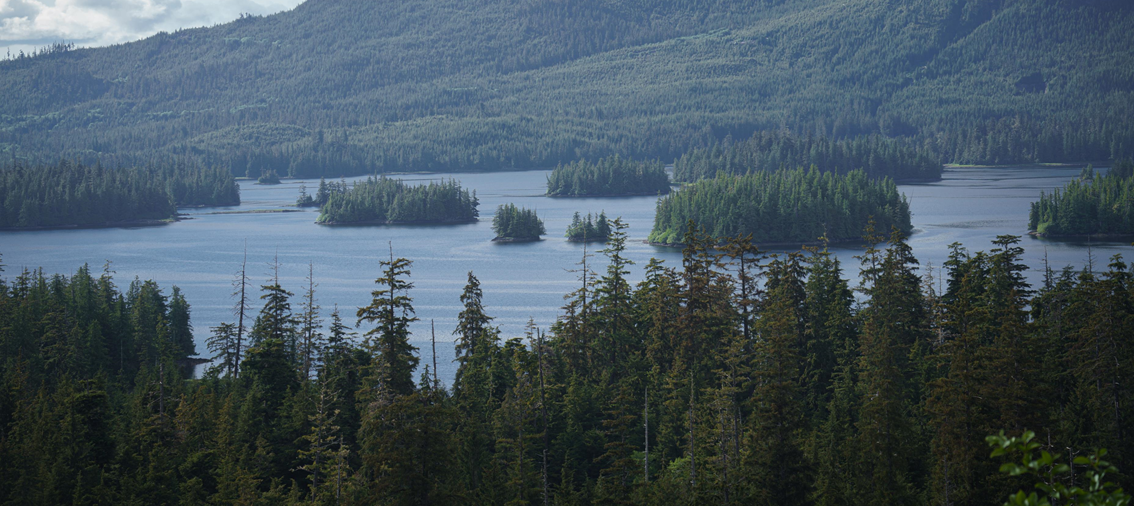
In 2011, Margaret A. Cargill Philanthropies (MACP) began funding its Coastal Temperate Rainforest Program in Southeast Alaska with this stated goal: “By 2020, the high ecological value areas of the Tongass National Forest are legally protected, and the remainder of the Forest is managed for sustainable use of second‐growth forests and restoration of key salmon habitat.”
MACP partnered with the Alaska Conservation Foundation (ACF) for this work, and over the next nine years, MACP made three grants to ACF totaling $5 million. The core strategy involved building conservation leadership capacity within existing local nonprofits and Alaska Native organizations. The goal, set out by ACF, was to shift the dominant paradigm within the region from one of supporting boom/bust resource extraction, to one based on sustainable co-management of natural resources and thriving, resilient local economies.
In 2016, MACP began winding down the Coastal Temperate Rainforest Program, with a plan to close out its work when the grants ended in 2020. As part of this exit, MACP contracted the Goldstream Group to conduct an independent evaluation and develop a more complete understanding of the impact of the work funded in this region. Insights from this process will inform MACP’s approach going forward.
Goldstream’s evaluation validated the approach MACP and its partners have taken toward community-based conservation, and results of the impact assessment were shared with grantees and communities involved with the project. The evaluation confirmed the project’s theory of change, and that the types of interventions supported do in fact contribute to community-level changes and ecological impact.
The evaluation report called out several enabling principles which were crucial for success:
- Establishing local autonomy;
- Building trust and relationships; and
- Supporting capacity building, networking, and leveraging resources.
Another important insight is the recognition that, “. . . regard for the history and culture of the region provided a framework . . . contributed to the empowerment of tribes and communities . . . and created a safe space for network members to work towards reconciling the painful history of colonization. . . thus contributing to the network’s ability to build trust and relationships in the region.” This insight resonated with MACP’s Environment domain as it works to embed equity more purposefully into its grantmaking.
Read the executive summary of the evaluation online here. Learn more about ongoing community-based conservation work in Southeast Alaska here.
